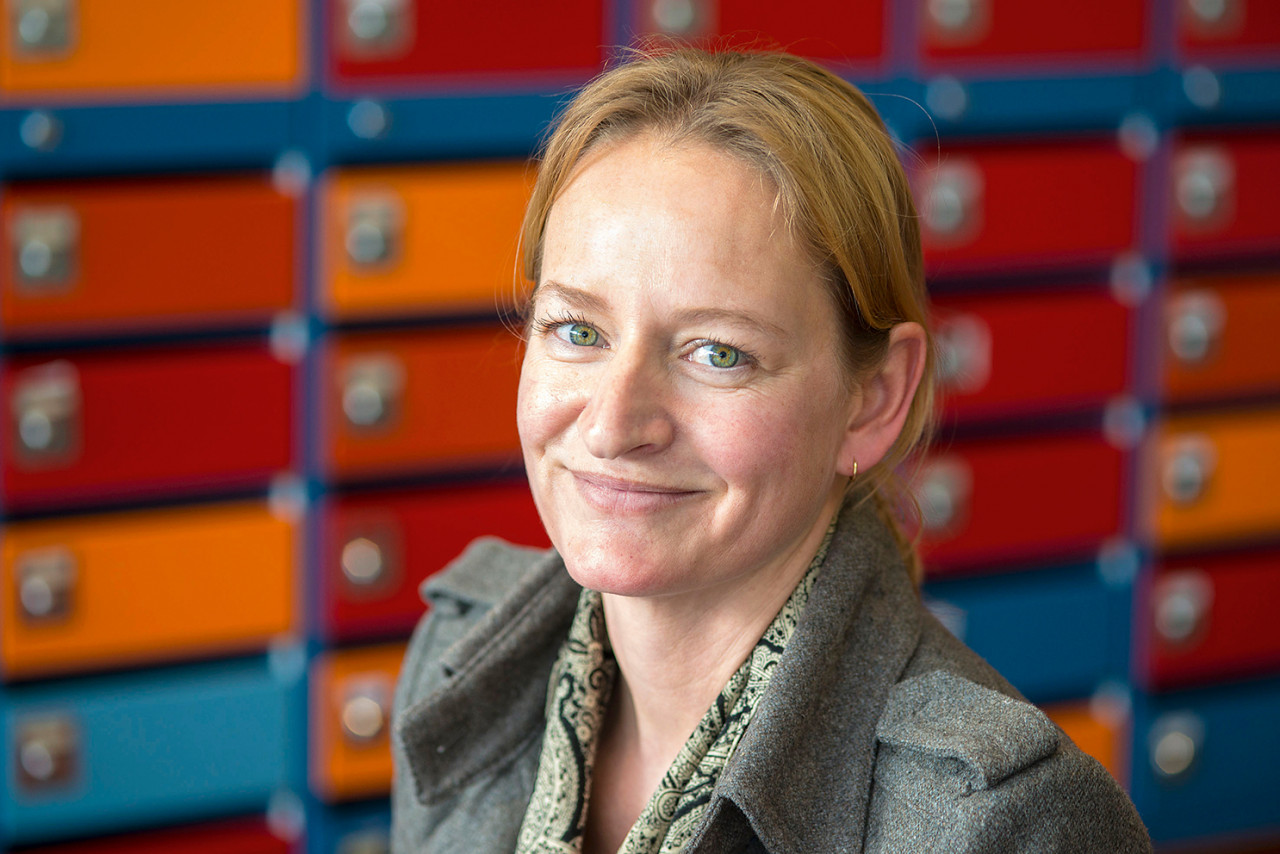Companies are all expressing promising impact statements nowadays. But how do you make sure these promises are kept?

“To make sustainable living commonplace.” “To help people achieve a lifetime of financial security.” “To feed and foster communities.”
These are not the purpose statements of NGOs nor charities, but of consumer goods giant Unilever, insurance company Aegon and fast food chain McDonald’s. Companies try to outdo each other with promises of making the world a better place.
How different things were back in the 1970s. Japanese car maker Honda, which now wants to ‘serve people worldwide with the joy of expanding their life’s potential’, had a different vision back then: ‘We will destroy Yamaha’.
Back then, companies were mainly driven by profit, Karen Maas, a professor of Accounting and Sustainability at the Open University in the Netherlands whose research mainly focuses on impact strategies, told Impact Investor. “That focus slightly changed from the 1980s on, when the quality of products became more important.”
Since the turn of the century, mission statements by companies started to focus more on the customer. The financial crisis of 2008 gave firms a further push towards more customer awareness.

Impact pays off
Nowadays companies have gone a step further by explaining why they exist and how they contribute to a better world, “something that was unimaginable a few decades back,” Maas said.
Her research shows three reasons why companies have made this shift. Some companies are forced, for example, by regulatory changes. Second, there are companies that actually want to do good for their employees and society. And last but not least: doing good simply pays off.
Governments, customers and investors set high demands, so doing good indirectly means reaching more people with your product. “There’s nothing wrong with that, but with big promises come big responsibilities. And that’s what companies sometimes seem to forget,” said Maas.
Measuring impact
This is where impact investors come in. According to Maas, they have a big role to play when it comes to making sure companies practice what they preach. “Even if there is nothing to be quantified yet, you can still test the idea on how likely the impact will be,” said Maas.
Take the impact goal of creating better employment potential for children. “By asking logical questions, you can assess how likely the impact will be. Is it a solid story they are telling you? If you know obtaining a diploma will increase the chances of finding a job, you can ask how a startup will contribute to that.”
Maas praises the approach of Dutch impact investors Fair Capital Partners and Rubio, which help companies they invest in to set up quantifiable impact goals.
“It’s a snowball effect: the more you make impact comprehensible, the more you will inspire others to do the same. We can achieve way more than what’s currently being done,” Maas said.
The entry level of helping to measure impact can be really low. “Ask what startups want to do, how they will translate that into actions and strategy. Once that’s sorted, you write down how to pilot towards those goals, what you will be measuring and how to report on it.”
After all, it’s not that different from measuring financial performance. “But when it comes to impact, anecdotal evidence often seems to be deemed enough.”
Reputation as a financial factor
Once companies and governments promise something, “they will be held accountable by consumers and investors,” said Maas. Failing to deliver on promises may damage a company’s reputation and possibly its financial results.
In 1975, 83% of the market value of a company was based on material goods, such as buildings or machines, according to research by intellectual capital firm Ocean Tomo.
Only 17% was defined based on immaterial goods, like reputation and sustainability. By 2015, however, 84% of a company’s market value was determined by immaterial goods.
Reputation and sustainability now have a financial impact. In 2018, Dutch lender ING Groep caused a huge uproar after its supervisory board proposed a pay increase of 50% for its then chief executive officer, Ralph Hamers.
The proposals led to universal condemnation in the Dutch Parliament, while 10,000 of the bank’s customers switched to more sustainable lenders like ASN and Triodos. The board scrapped the pay increase soon after.
“Words are not as noncommittal as they once were,” concluded Maas.






